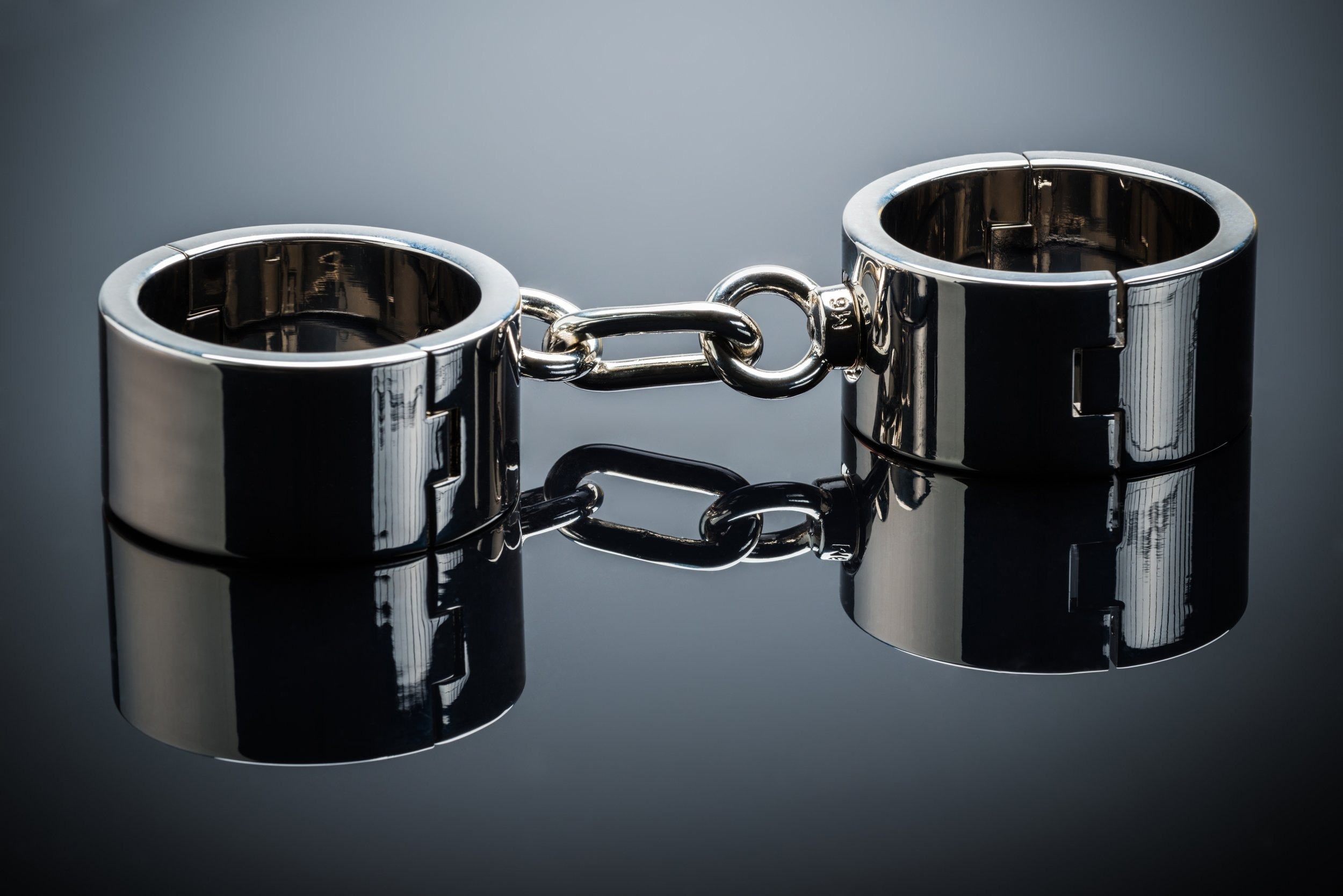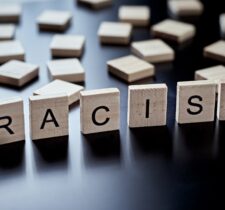Introduction
Excessive restraints, including improper chokeholds, undue force, and aggressive physical handling by law enforcement, have led to serious injuries and even fatalities. Victims of excessive restraints in San Jose often struggle to find justice due to legal complexities and institutional challenges. However, legal protections, civil rights organizations, and experienced Excessive Restraints lawyers in San Jose can help victims hold law enforcement accountable.
This article provides a comprehensive guide on how victims of excessive restraints can seek justice in San Jose, covering legal protections, the reporting process, filing lawsuits, gathering evidence, the role of civil rights advocacy, and additional resources available to victims.
Understanding Excessive Restraints
Excessive restraints refer to the unnecessary or disproportionate use of force by law enforcement officers, particularly through physical control techniques that limit a person’s movement or breathing. This includes:
- Chokeholds and Neck Restraints – Techniques that restrict airflow or blood flow, increasing the risk of suffocation or brain damage.
- Prone Restraints – Forcing a suspect to lie face down while pressure is applied to the back, leading to difficulty breathing.
- Handcuffing with Excessive Force – Causing nerve damage or injury due to overly tight handcuffs.
- Knee-on-Neck or Back Holds – Pressing weight on a restrained person’s body, causing asphyxiation.
- Excessive Taser Use – Deploying tasers beyond what is necessary, leading to injury or fatal outcomes.
- Hog-Tying or Shackling – Restraining an individual in a manner that limits their ability to move or breathe properly.
- Overuse of Chemical Restraints – Such as pepper spray or tear gas in enclosed spaces, leading to respiratory distress.
Legal Protections Against Excessive Restraints in San Jose
Victims of excessive restraints have legal avenues for justice, including constitutional protections, state laws, and federal civil rights statutes. The following laws protect individuals from unlawful force:
1. The Role of Excessive Restraints Lawyers in San Jose
Hiring Excessive Restraints lawyers in San Jose is crucial for navigating the legal system. These legal professionals specialize in cases of police misconduct and civil rights violations, ensuring that victims receive proper representation.
2. The Fourth Amendment
The Fourth Amendment of the U.S. Constitution protects individuals from unreasonable searches, seizures, and excessive force by law enforcement. Courts assess whether an officer’s use of force was excessive based on the circumstances.
3. Civil Rights Act – Section 1983
Under Section 1983, victims can sue police officers and law enforcement agencies for violating constitutional rights. If an officer uses excessive force, they can be held personally liable.
4. California’s Use of Force Laws
California law prohibits police officers from using excessive force, particularly chokeholds or restraints that can lead to positional asphyxia. SB 230 and AB 392 limit law enforcement’s use of deadly force to situations where it is necessary to prevent immediate harm.
5. The Racial and Identity Profiling Act (RIPA)
RIPA aims to prevent racial profiling and excessive force against minorities. If excessive restraints were applied disproportionately due to race, ethnicity, or identity, victims may have a case for civil rights violations.
6. Americans with Disabilities Act (ADA)
If a victim of excessive restraints has a disability, improper use of force may violate the ADA, which mandates reasonable accommodations during law enforcement encounters.
7. Independent Police Oversight and Accountability Measures
Several organizations, such as the San Jose Independent Police Auditor (IPA), oversee police conduct and review excessive force complaints.
8. The Duty to Intervene Law
California law mandates that officers who witness excessive force must intervene and report the incident, reducing instances of abuse.
Steps for Victims of Excessive Restraints to Seek Justice
Victims of excessive restraints in San Jose have multiple avenues to hold officers accountable and seek compensation. Below are the critical steps:
Step 1: Seek Immediate Medical Attention
If you have been subjected to excessive restraints, prioritize medical care. Injuries from excessive force, including nerve damage, breathing difficulties, or internal trauma, should be documented by a healthcare professional. Medical records serve as crucial evidence in a legal case.
Step 2: Report the Incident to Authorities
Victims should file a formal complaint against the officer involved. This can be done through:
- San Jose Police Department’s Internal Affairs Division – Submit a complaint against the officer’s misconduct.
- California Department of Justice – File a civil rights complaint if law enforcement agencies fail to act.
- Civilian Oversight Committees – Many cities, including San Jose, have independent police review commissions to investigate excessive force cases.
Step 3: Gather Evidence
To build a strong case, victims need to collect as much evidence as possible. This includes:
- Eyewitness Testimonies – Statements from bystanders who witnessed the incident.
- Video Footage – Body camera footage, security camera recordings, or cellphone videos.
- Police Reports – Obtain a copy of the police report detailing the incident.
- Medical Records – Document injuries resulting from the excessive restraints.
- Photographic Evidence – Take pictures of bruises, marks, or other visible injuries.
Expert Legal Advice for Victims of Excessive Restraints
- Consult with an Experienced Attorney – Seek specialized Excessive Restraints lawyers in San Jose who understand police misconduct cases.
- Understand Your Rights – Know your rights under state and federal laws to build a strong case.
- Don’t Settle Too Soon – Avoid quick settlements without consulting an attorney to ensure fair compensation.
Compensation for Victims of Excessive Restraints
Victims may seek financial compensation for:
- Medical Expenses – Covering hospital and rehabilitation costs.
- Lost Wages – Compensation for work missed due to injuries.
- Pain and Suffering – Addressing emotional distress and trauma.
- Punitive Damages – Holding officers accountable through financial penalties.
Police Accountability Reforms to Prevent Excessive Restraints
- Increased Body Camera Usage – Ensuring all police officers wear and activate body cameras.
- Better Training on Use of Force – Implementing de-escalation techniques for law enforcement.
- Stronger Civilian Oversight – Enhancing the power of independent police auditors to investigate misconduct.
Conclusion
Victims of excessive restraints in San Jose have legal options to seek justice. By understanding their rights, filing complaints, gathering evidence, and consulting Excessive Restraints lawyers in San Jose, victims can take action against police misconduct. The Law Offices of Kenneth Chike Odiwe are committed to fighting for justice and ensuring accountability for law enforcement officers who use excessive force.
If you or a loved one has suffered from excessive restraints, contact The Law Offices of Kenneth Chike Odiwe today to discuss your legal options and seek the justice you deserve.



